
The Comfort of Cotton: Why Opting for Cotton Underwear is a Win-Win for You and Fairtrade Workers
In this series of blog posts we’re going back to some of the key principles behind how we work to explore different elements of our business – and why they’re important to us.
The first of those is cotton – the basic raw material of our undies, but also one that offers a key insight into our values.
When we talk about underwear, much of the conversation usually centres around style and colour. Increasingly comfort is in there, which in our view is a big step forwards from the days of push up bras, restrictive wired bras and synthetic string thongs, but we think less about sustainability – and the impact that the fabric you’re wearing has on you, your body, and even the people who’ve made it.
Quite simply, cotton offers unparalleled comfort, breathability, and durability – but if we opt for organic and Fairtrade versions, it also aligns with ethical consumerism, ensuring fair treatment and pay for workers in the supply chain. So let’s explore a bit more about why cotton underwear is a better choice for both you and those who craft it.
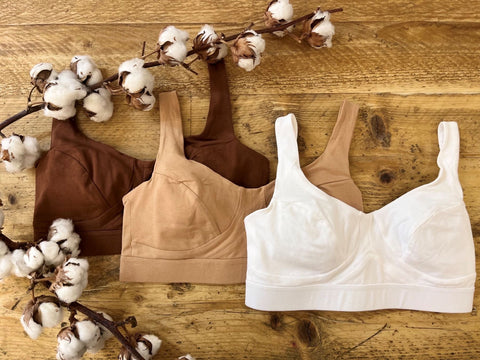
The Comfort Conundrum: Why Cotton Reigns Supreme
When it comes to underwear, comfort is paramount and cotton's natural properties make it the frontrunner in this area. Its breathability allows for proper airflow, reducing the risk of irritation and discomfort, especially in sensitive areas. Additionally, cotton's softness provides a luxurious feel against the skin, making it ideal for everyday wear.
Cotton underwear is also highly absorbent, wicking moisture away from the body and helping to maintain freshness throughout the day. This is particularly beneficial for those with active lifestyles or in warmer climates. Furthermore, cotton's durability ensures that your underwear stands the test of time, retaining its shape and quality wash after wash.
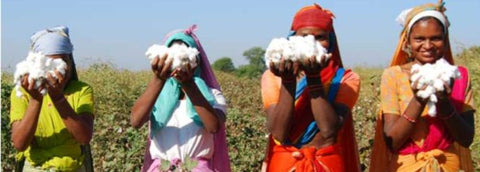
Sustainability and Ethical Consumption: The Case for Fairtrade and Organic Cotton
Beyond personal comfort, the choice of cotton underwear can have far-reaching implications for social and environmental sustainability. Opting for Fairtrade cotton ensures that the people involved in its production receive fair wages and work in safe conditions. For us this was a deal-breaker and a basic level we had to have for our cotton.
Fairtrade practices prioritize the well-being of workers, guaranteeing fair compensation for their labour and fostering community development initiatives. By supporting Fairtrade cotton, we contribute to the empowerment of workers and help to combat some of the exploitative labour practices that are so prevalent in the fashion industry.
As well as these social factors, the cultivation of cotton can have significant environmental impacts, including increased water consumption, pesticide usage, and soil degradation. For us, using only fully GOTS certified organic cotton helped to mitigate some of these concerns by ensuring no harmful chemicals were used and instead embracing sustainable farming practices. Choosing underwear made from organic cotton minimizes environmental harm while supporting responsible agricultural methods.
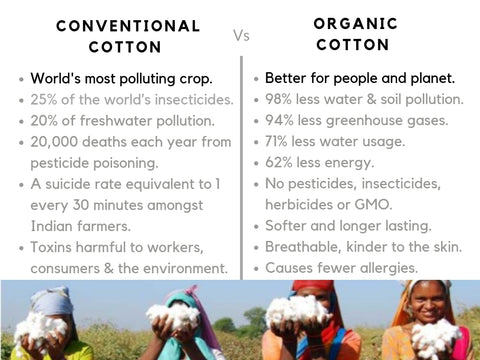
3 Facts You Might Not Know About Cotton:
- Cotton's Ancient Origins: Did you know that cotton has been cultivated for over 7,000 years? Its use dates back to ancient civilizations such as the Indus Valley and Mesopotamia, where it was prized for its versatility and comfort.
- Cotton's Biodegradability: Unlike synthetic fibres such as polyester, cotton is biodegradable, meaning it can break down naturally over time. This makes cotton a more environmentally friendly choice, as it reduces the accumulation of non-biodegradable waste in landfills.
- Cotton's Genetic Diversity: There are thousands of varieties of cotton, each with its own unique characteristics and properties. From long-staple Egyptian cotton prized for its luxurious softness to durable upland cotton widely used in everyday clothing, the diversity of cotton cultivars ensures a wide range of options for consumers.

For us, cotton was the fabric of choice for our undies, but only in the fully Fairtrade and GOTS certified version that minimised harm to both people and planet. We want comfy pants, but not at the expense of the people who grow and work with the fabric they’re made from!
Hopefully this gives you a bit more info about this part of our decision making as a business. We’re constantly reviewing how we work though and are keen to move beyond just organic cotton, to more regenerative strains that actively support the soil and environment, as well as finding an eco alternative to the elastane that helps our undies retain their shape. Watch this space!
Like this post? Here's more you might like around sustainable fashion:
- The environmental impact of fast fashion
- Why comfy underwear is an essential part of your loungewear collection




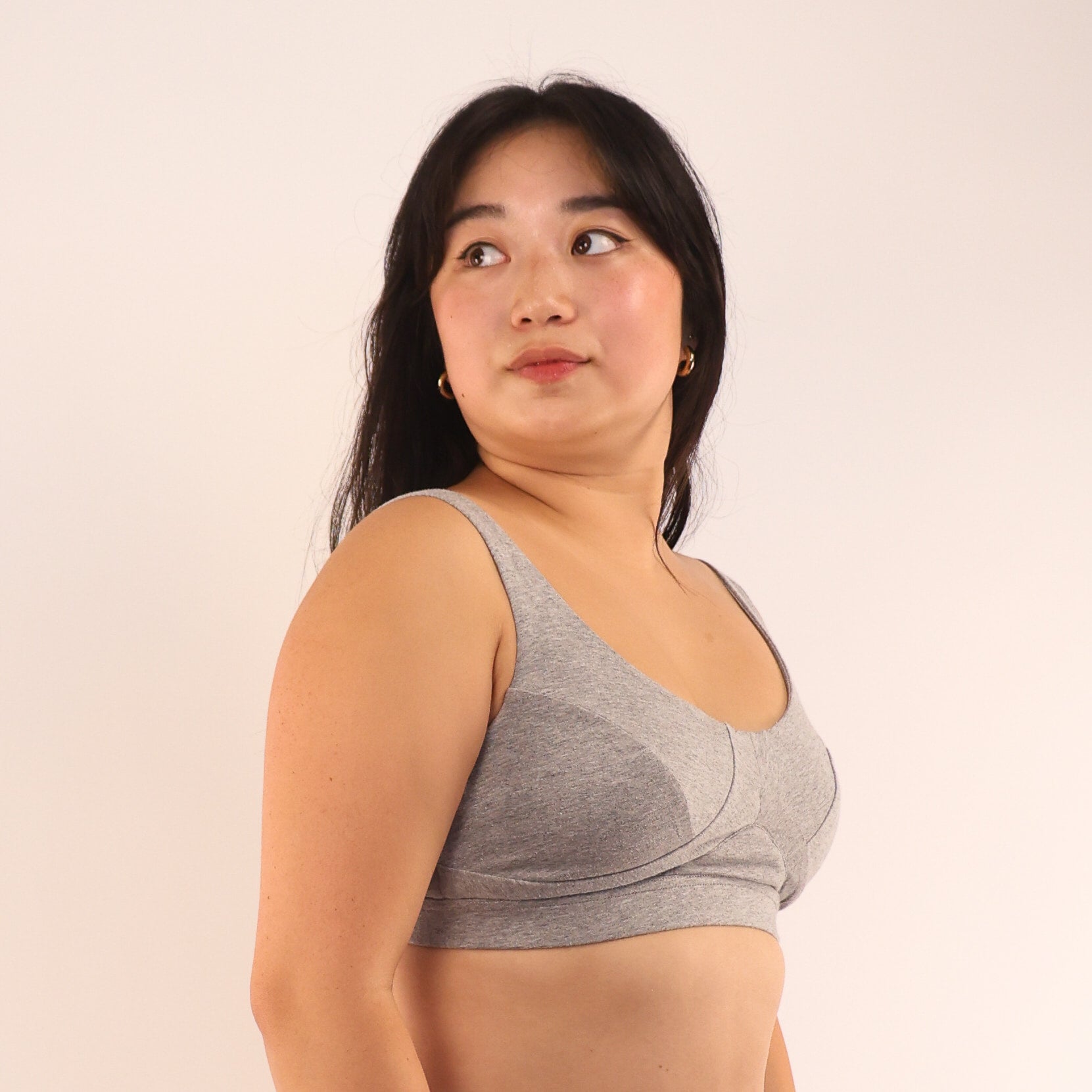
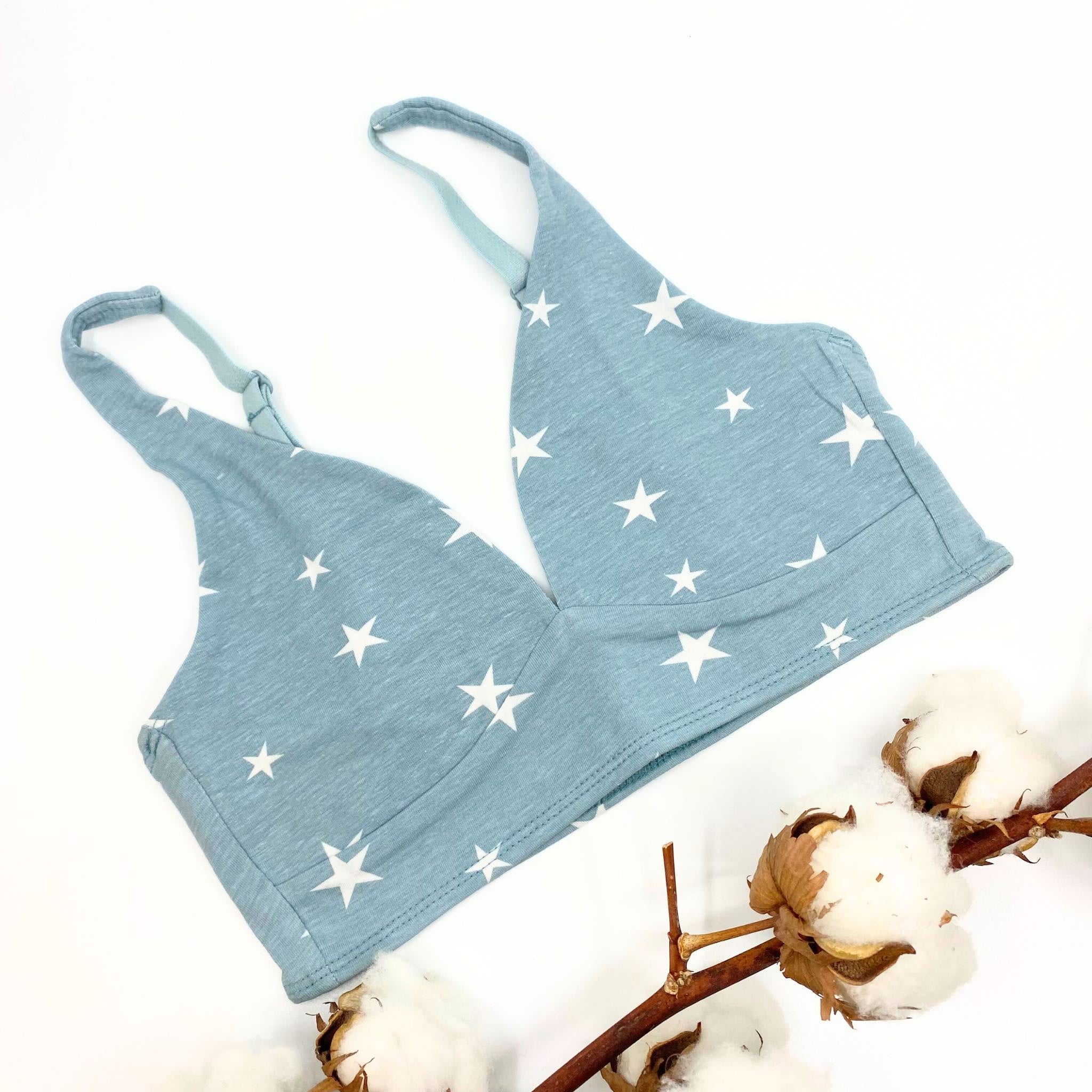
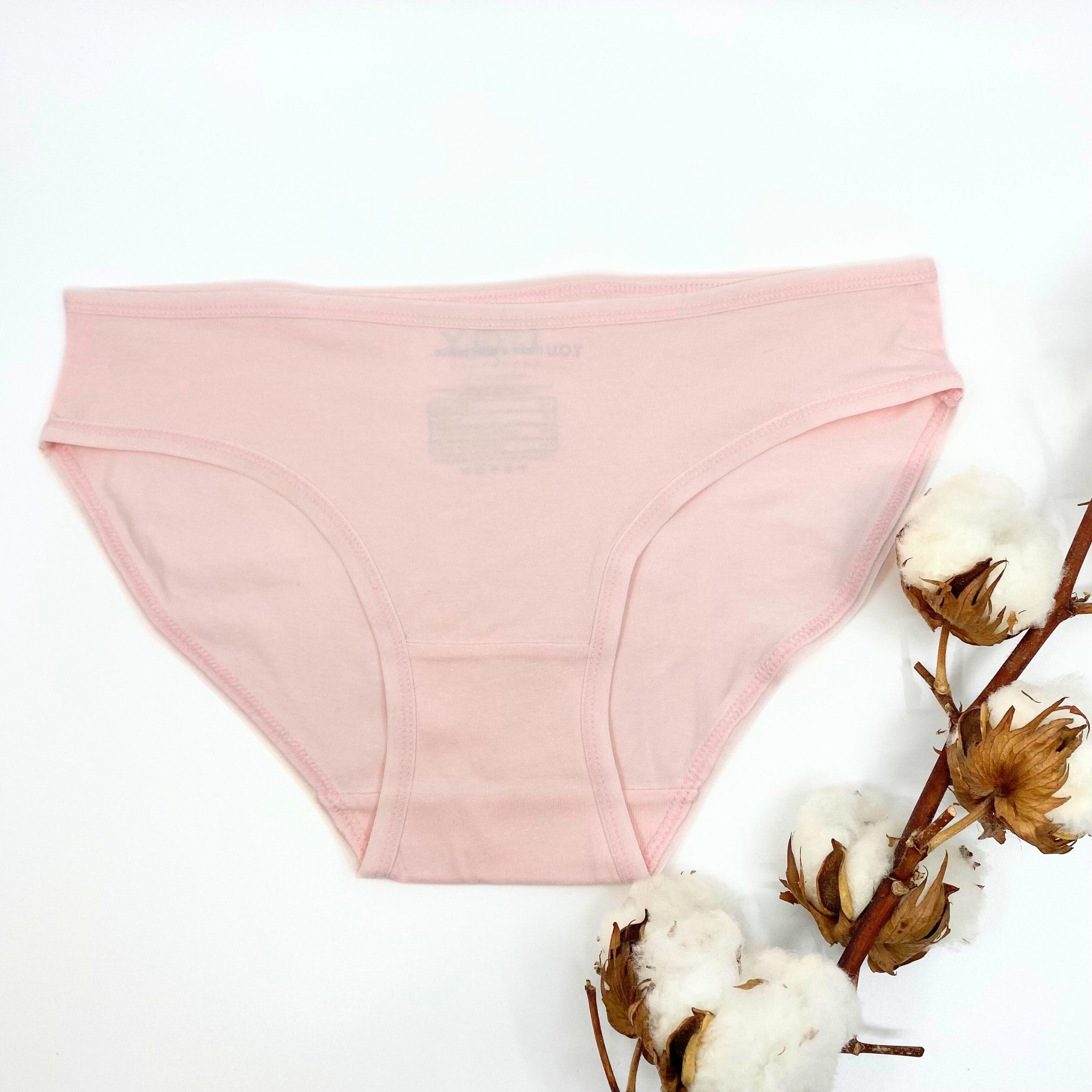
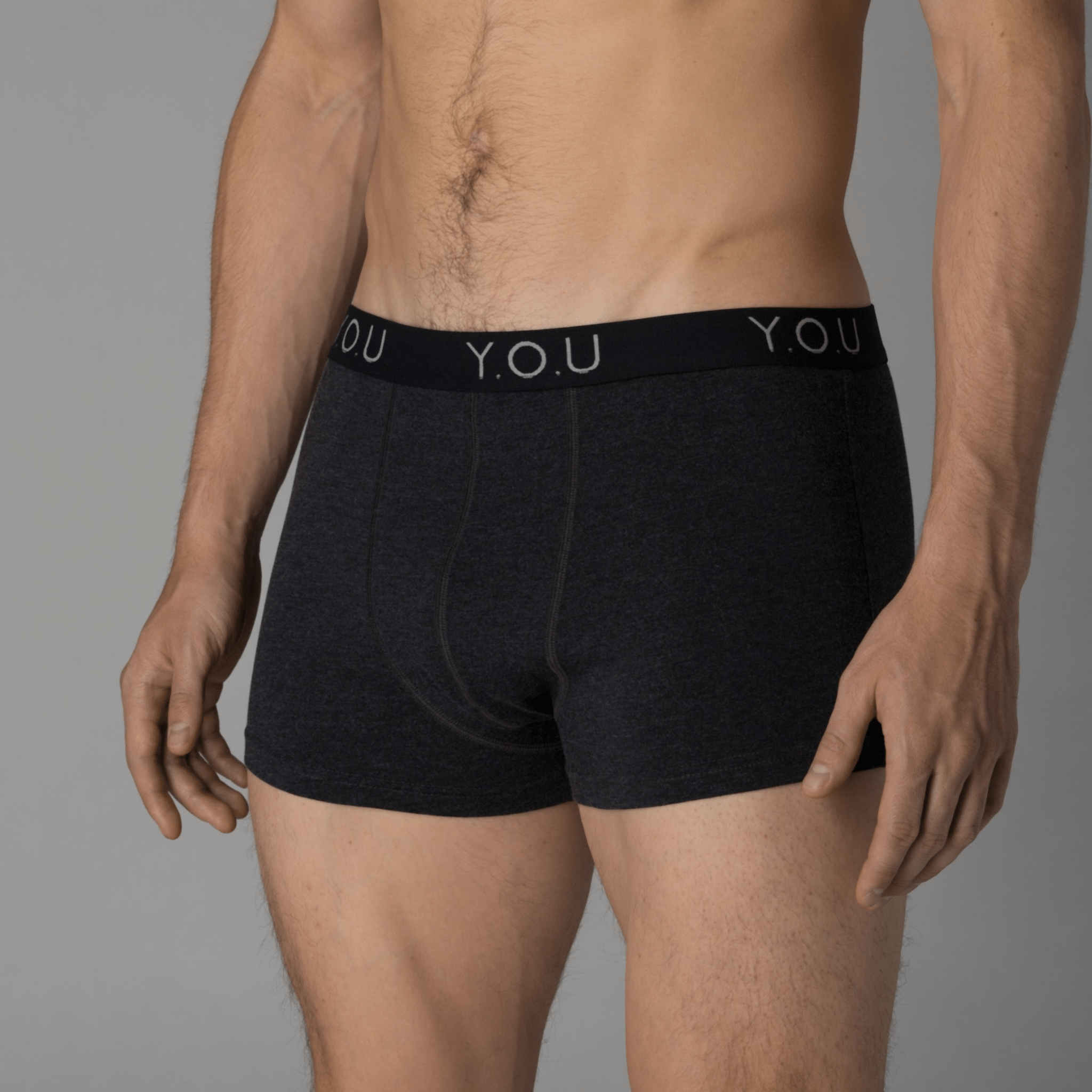

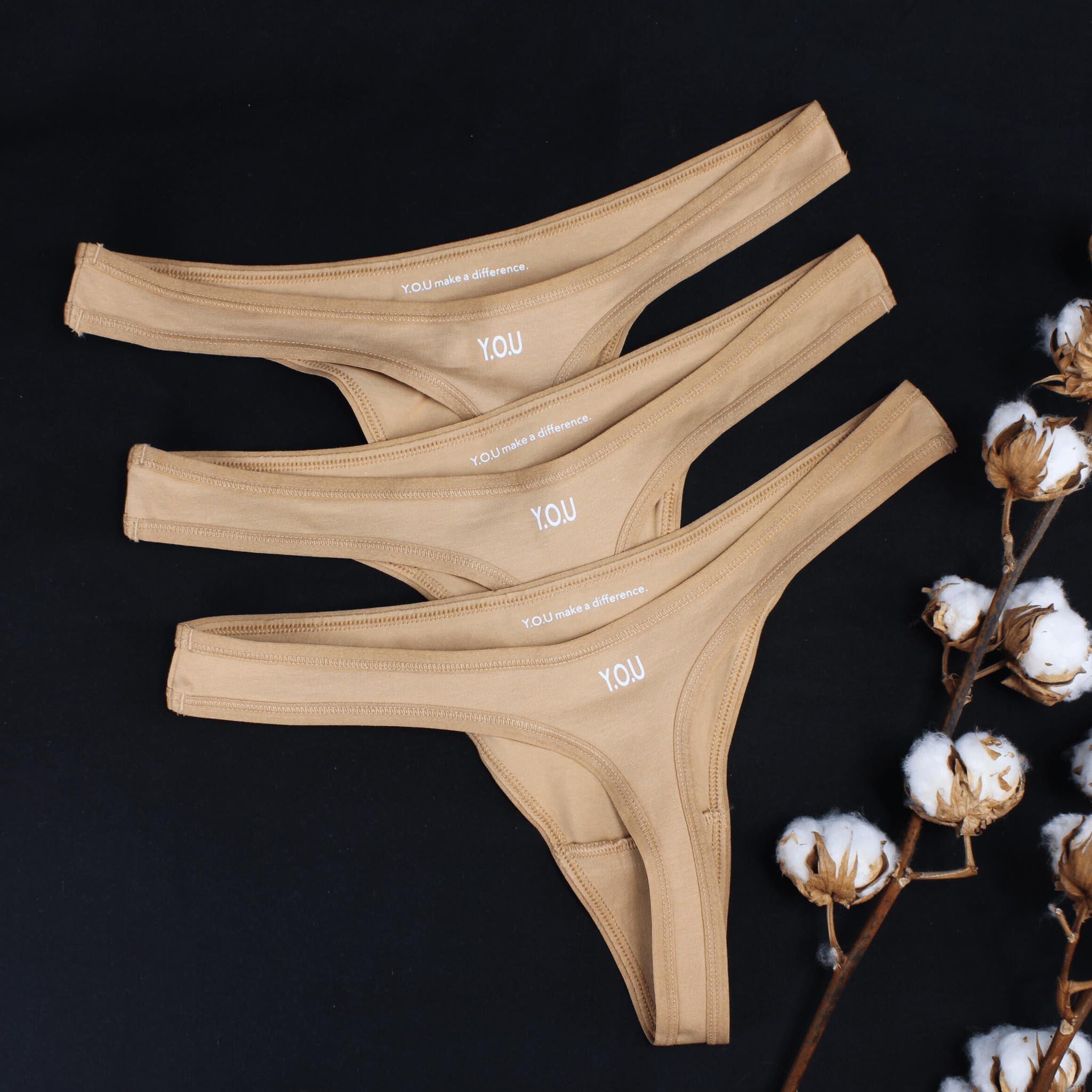
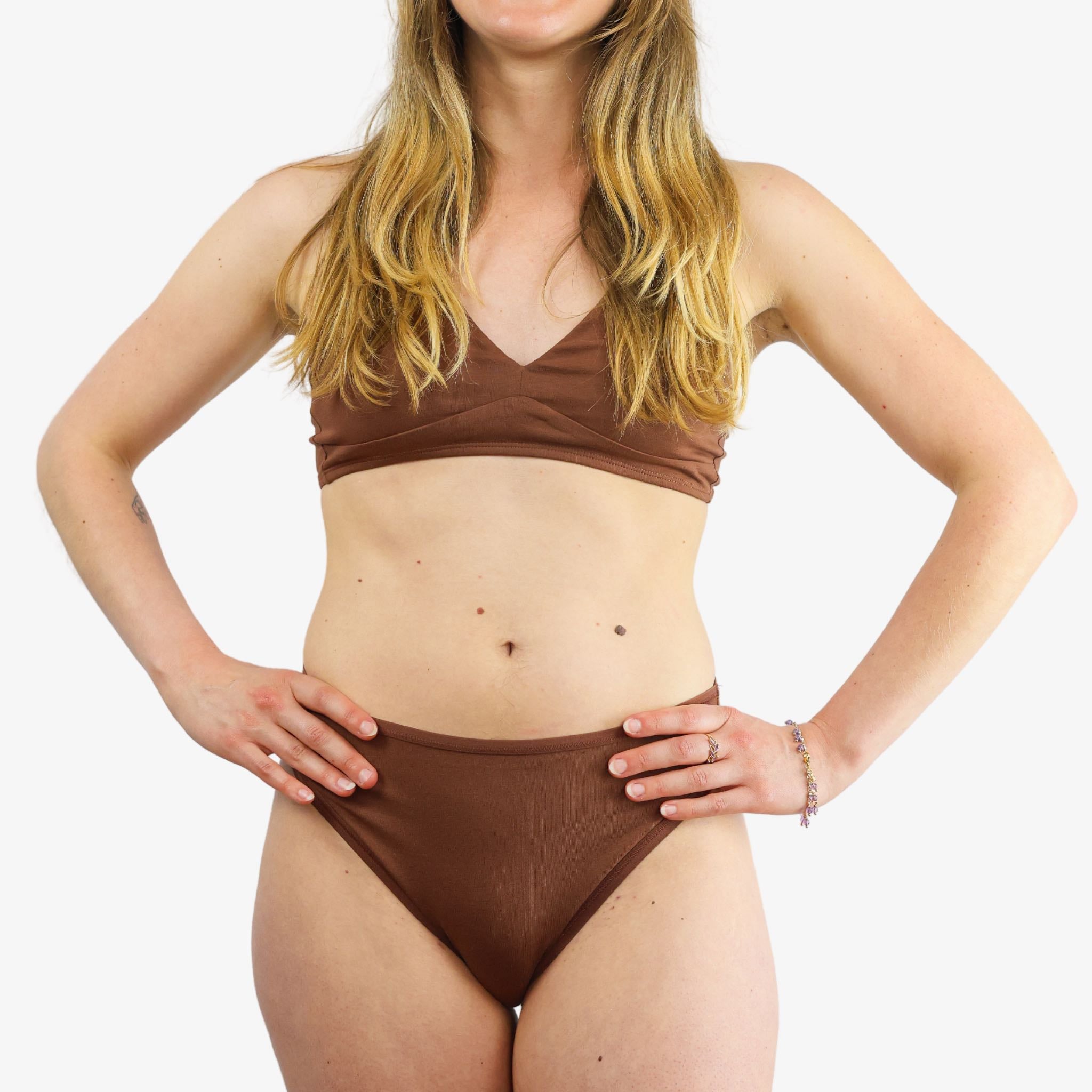
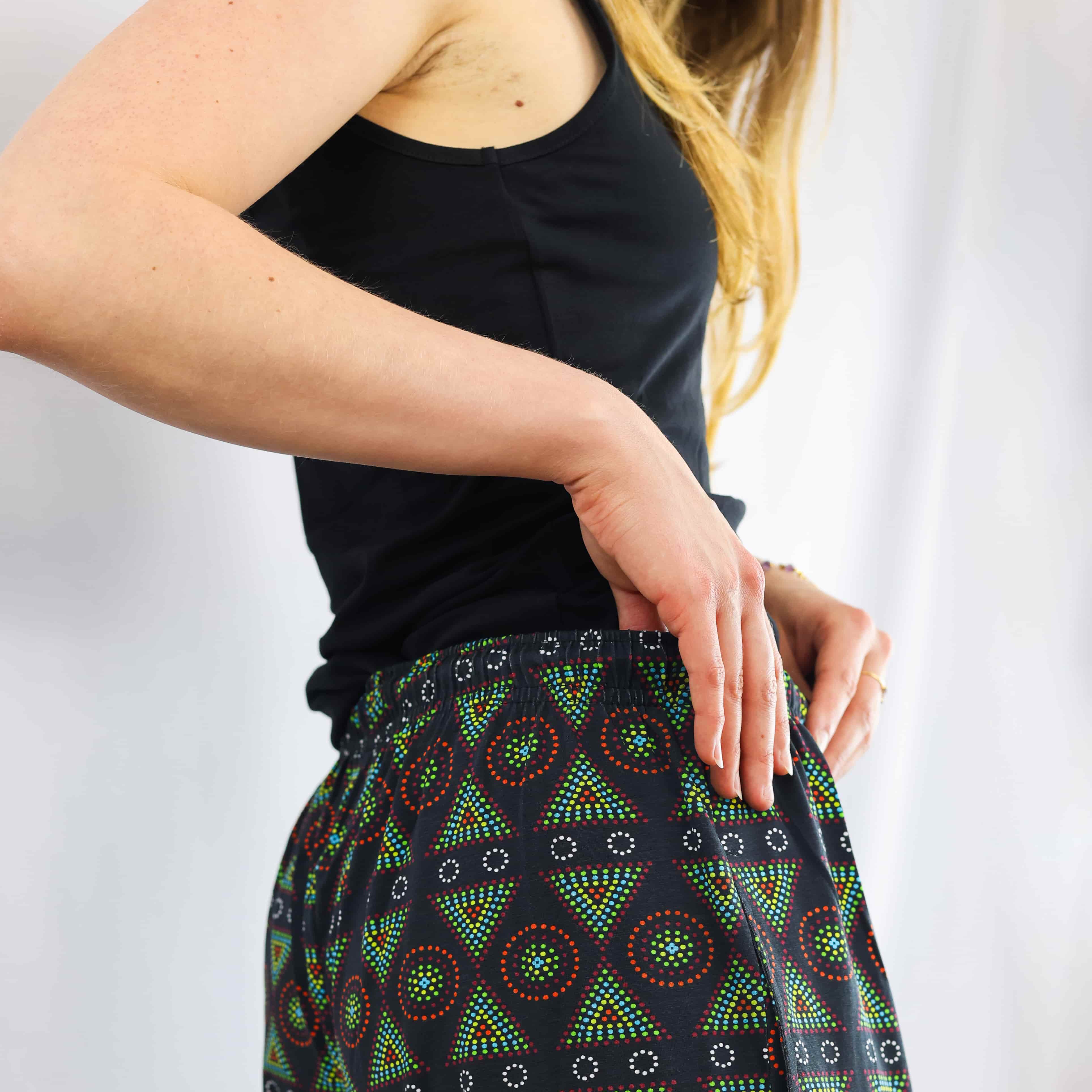
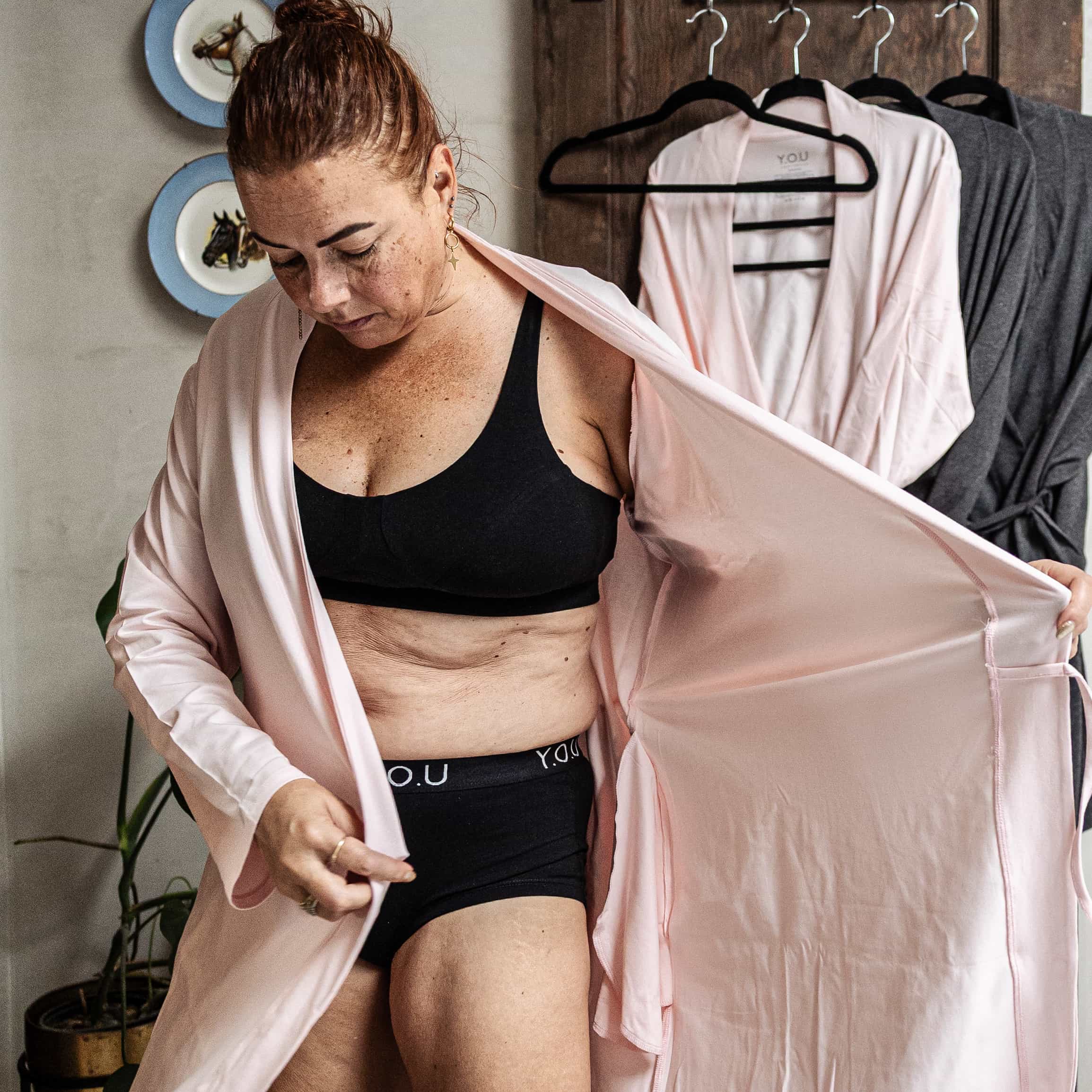

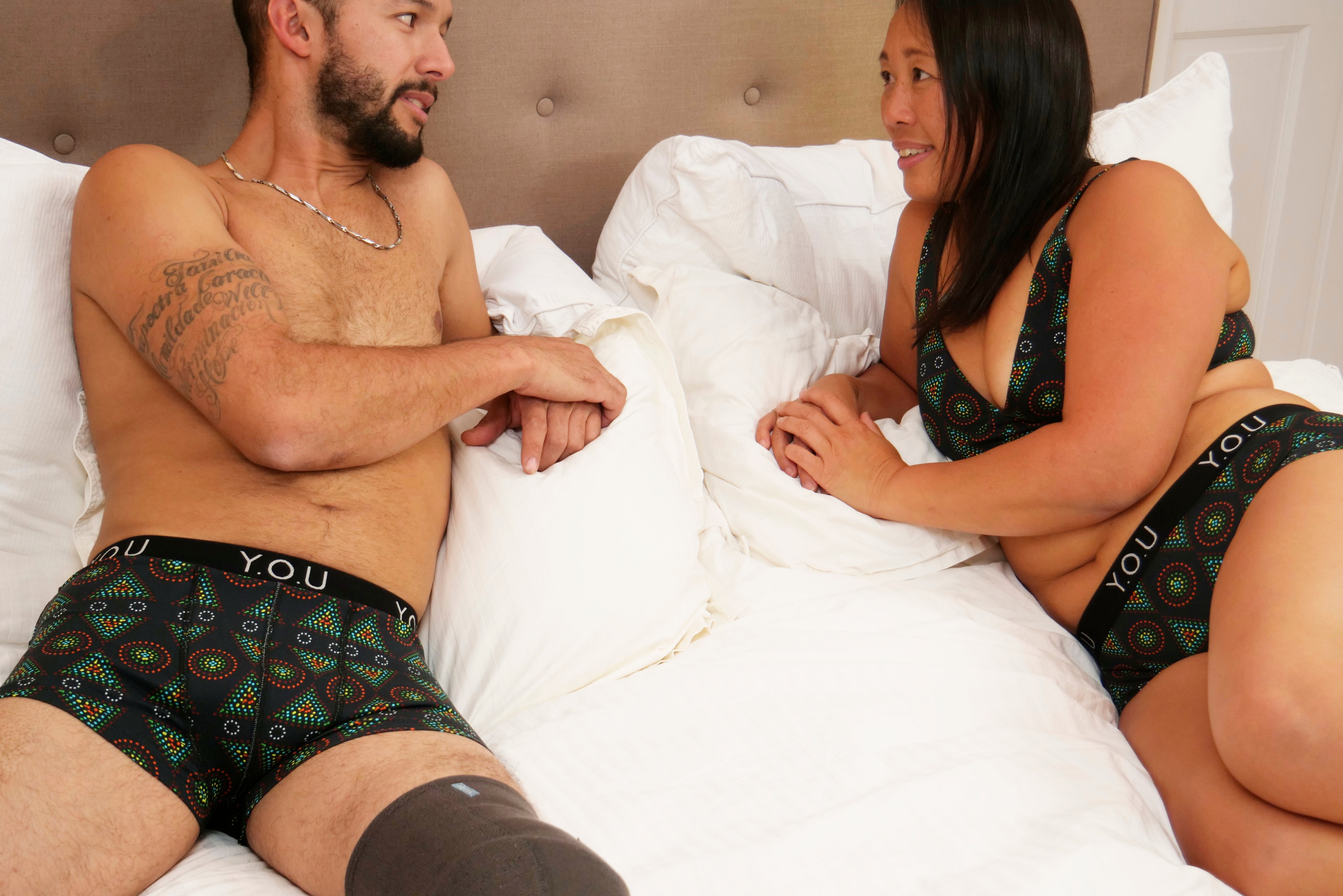
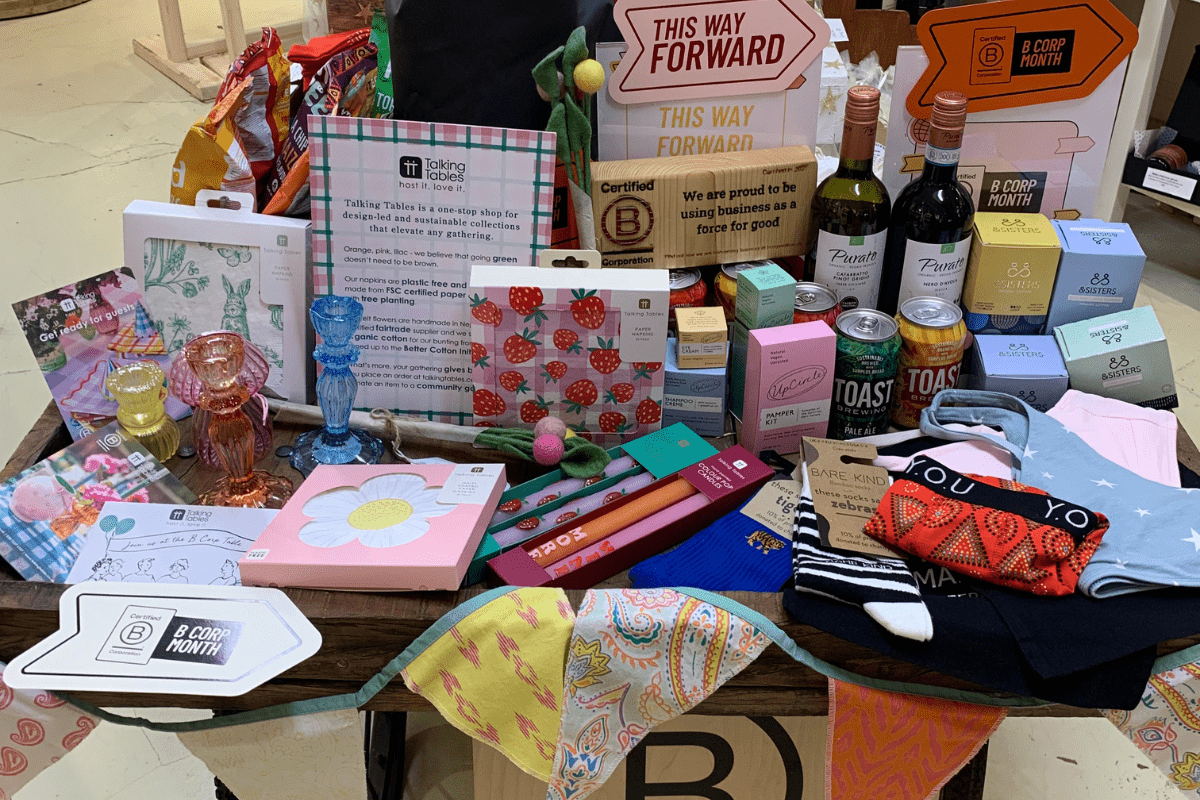

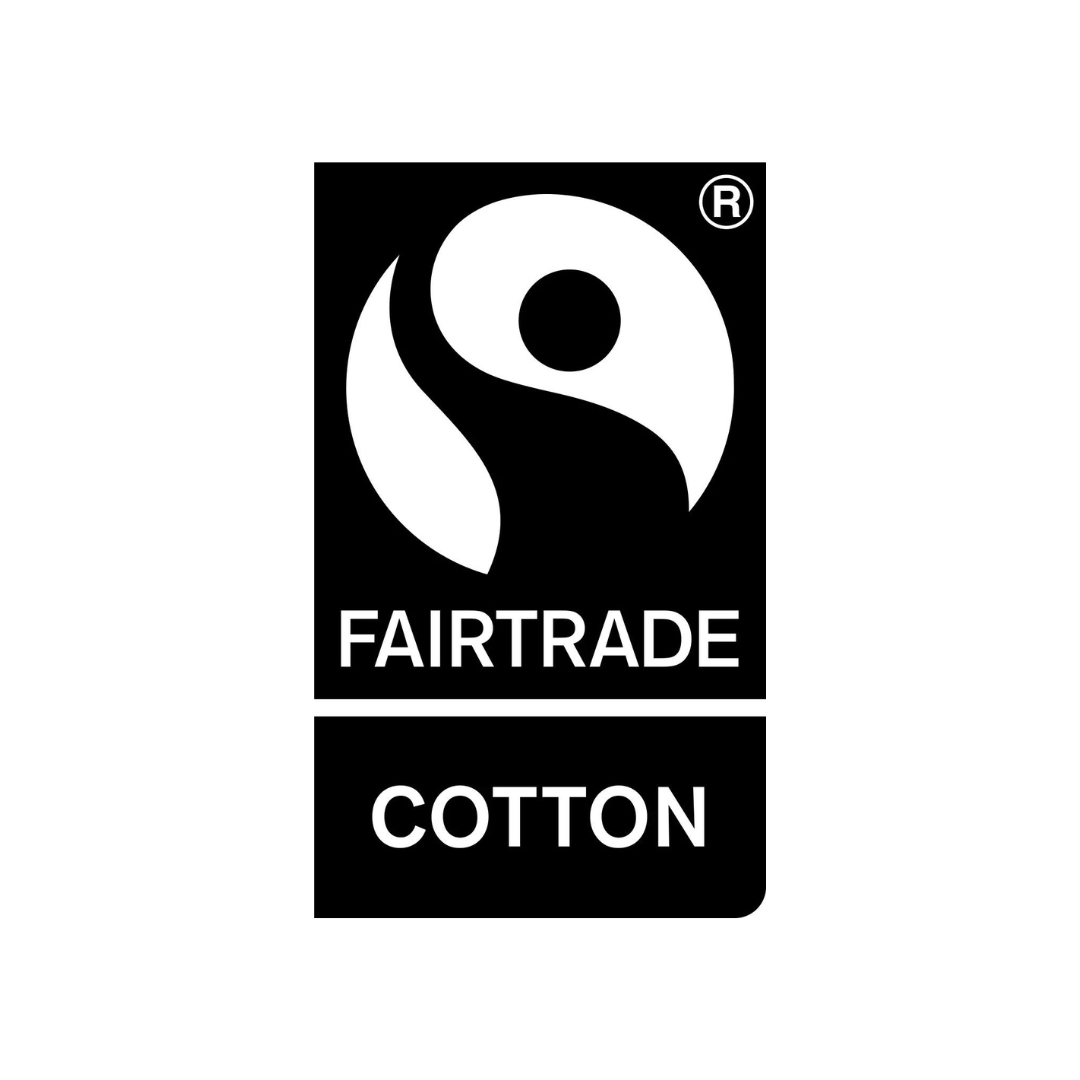




Leave a comment
This site is protected by hCaptcha and the hCaptcha Privacy Policy and Terms of Service apply.